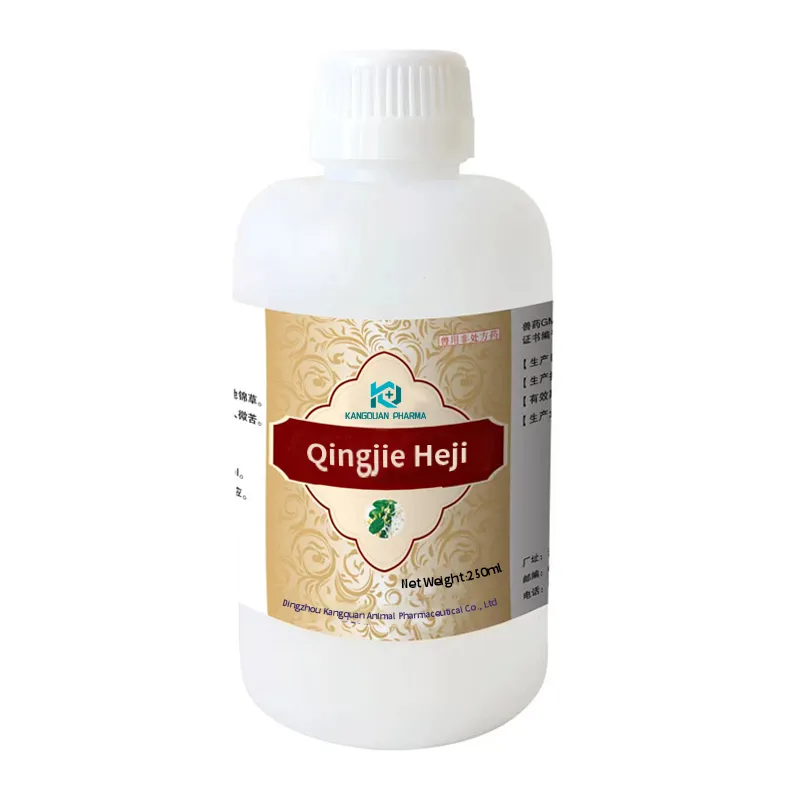- Afrikaans
- Albanian
- Amharic
- Arabic
- Armenian
- Azerbaijani
- Basque
- Belarusian
- Bengali
- Bosnian
- Bulgarian
- Catalan
- Cebuano
- Corsican
- Croatian
- Czech
- Danish
- Dutch
- English
- Esperanto
- Estonian
- Finnish
- French
- Frisian
- Galician
- Georgian
- German
- Greek
- Gujarati
- Haitian Creole
- hausa
- hawaiian
- Hebrew
- Hindi
- Miao
- Hungarian
- Icelandic
- igbo
- Indonesian
- irish
- Italian
- Japanese
- Javanese
- Kannada
- kazakh
- Khmer
- Rwandese
- Korean
- Kurdish
- Kyrgyz
- Lao
- Latin
- Latvian
- Lithuanian
- Luxembourgish
- Macedonian
- Malgashi
- Malay
- Malayalam
- Maltese
- Maori
- Marathi
- Mongolian
- Myanmar
- Nepali
- Norwegian
- Norwegian
- Occitan
- Pashto
- Persian
- Polish
- Portuguese
- Punjabi
- Romanian
- Russian
- Samoan
- Scottish Gaelic
- Serbian
- Sesotho
- Shona
- Sindhi
- Sinhala
- Slovak
- Slovenian
- Somali
- Spanish
- Sundanese
- Swahili
- Swedish
- Tagalog
- Tajik
- Tamil
- Tatar
- Telugu
- Thai
- Turkish
- Turkmen
- Ukrainian
- Urdu
- Uighur
- Uzbek
- Vietnamese
- Welsh
- Bantu
- Yiddish
- Yoruba
- Zulu
marras . 09, 2024 21:42 Back to list
Exploring the Solubility Characteristics of Colistin Sulfate in Various Solvents
Understanding Colistin Sulfate Solubility
Colistin sulfate, a polypeptide antibiotic derived from the bacterium *Bacillus polymyxa*, has gained significant attention in the medical community due to its effectiveness against multidrug-resistant Gram-negative bacteria. As bacterial resistance continues to complicate treatment options, the importance of understanding the properties of colistin sulfate, particularly its solubility, cannot be overstated. In this article, we will delve into the nature of colistin sulfate solubility, its implications on pharmaceutical formulations, and its relevance in clinical applications.
The Nature of Colistin Sulfate
Colistin sulfate primarily exists as a sulfate salt, which enhances its solubility in water compared to its base form, colistin. It is essential to note that colistin's structure is composed of a cyclic polypeptide and a fatty acyl tail, which contributes to its amphiphilic properties. This amphiphilicity plays a crucial role in its interaction with bacterial membranes, allowing it to target and disrupt Gram-negative bacterial cell walls effectively.
Factors Influencing Solubility
Several factors influence the solubility of colistin sulfate, including pH, temperature, and ionic strength. The solubility of colistin increases in acidic environments, making it more effective in specific physiological conditions. At a neutral pH, colistin sulfate can remain sufficiently soluble, but variations in pH can lead to precipitation, effects that could impact its therapeutic efficacy.
Temperature also plays a significant role in solubility. Typically, higher temperatures can increase solubility, which is vital during the formulation processes of pharmaceutical products. However, the stability of colistin sulfate at elevated temperatures needs careful consideration, as degradation can occur, reducing its potency.
Ionic strength, or the concentration of ions in a solution, can also affect the solubility of colistin sulfate. In highly ionic environments, the solubility may decrease due to interactions between the sulfate groups and other ions present in the solution. Understanding these interactions is crucial for optimizing formulations, particularly in intravenous preparations where precise dosing and stability are paramount.
colistin sulfate solubility

Implications for Pharmaceutical Formulations
The solubility of colistin sulfate has significant implications for its formulation in pharmaceutical products. For effective intravenous administration, high solubility must be achieved to ensure that the desired concentration of the drug is delivered in a bioavailable form. Colistin sulfate is often formulated in sterile solutions to ensure that it can be administered safely and effectively in clinical settings.
Additionally, the formulation process must consider factors such as stability and compatibility with other ingredients. For instance, combining colistin sulfate with other drugs in a combination therapy may require special attention to avoid precipitation and maintain solubility, ensuring the drugs' effectiveness and safety.
Clinical Relevance
The rising incidence of antibiotic resistance has led to a resurgence in the use of colistin sulfate, particularly for treating infections caused by resistant strains of *Escherichia coli* and *Klebsiella pneumoniae*. Understanding the solubility of colistin sulfate can significantly influence therapeutic outcomes. For instance, insufficient solubility can lead to suboptimal dosing, promoting therapeutic failure and contributing to resistance development.
Moreover, solubility impacts the pharmacokinetics of colistin sulfate. A drug’s absorption, distribution, metabolism, and excretion are closely related to its solubility. Enhanced solubility can lead to better absorption rates and higher peak plasma concentrations, potentially improving clinical effectiveness.
Conclusion
In conclusion, the solubility of colistin sulfate is a critical factor underpinning its pharmaceutical application and clinical efficacy. As the healthcare community faces the challenges posed by antibiotic-resistant bacteria, a comprehensive understanding of colistin sulfate’s solubility characteristics will guide the development of more effective therapeutic strategies. Continued research is necessary to explore innovative formulations that enhance colistin’s solubility and stability, ultimately improving treatment outcomes for patients suffering from serious infections. As our knowledge expands, we can better harness this powerful antibiotic's potential to combat resistant pathogens.
-
Guide to Oxytetracycline Injection
NewsMar.27,2025
-
Guide to Colistin Sulphate
NewsMar.27,2025
-
Gentamicin Sulfate: Uses, Price, And Key Information
NewsMar.27,2025
-
Enrofloxacin Injection: Uses, Price, And Supplier Information
NewsMar.27,2025
-
Dexamethasone Sodium Phosphate Injection: Uses, Price, And Key Information
NewsMar.27,2025
-
Albendazole Tablet: Uses, Dosage, Cost, And Key Information
NewsMar.27,2025













